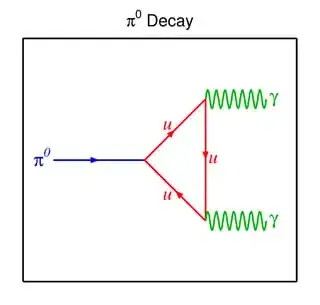Consider two entangled photons with two mutally conjugate circular polarization. What happens when one photon which is, say, left hand polarized gets destroyed. Will the other photon retains its right hand polarization or will it assume some random state? There is another possibility that it looses its circular polarization altogether. Nothing in the literature tells what happens post death.
3 Answers
Instead of "destruction" think of "measurement". When one photon is measured, the other keeps its state.
- 3,173
If 2 particles such as 2 photons are in a maximally entangled state, then this means that the state of both particles is in a specific state, but the local state of only one of the 2 is perfectly mixed. So for example if 2 particles are entangled such that their polarization states are opposite than a measurement of one of the photons will yield a random polarization (i.e. the photon is unpolarized), and a measurement of the second photon (which by itself is also random) will be the exact opposite of what the first photon was measured to be (assuming you measure both photons in the same basis such as right/left handed or horizontal/vertical).
- 2,948
Let us take a pi0 decay.

The Feynman graph gives the wave function of the two gammas. As the pi0 is spinless, if we measure the spin of one gamma, we know that the spin of the other gamma will be the opposite.
Any entanglement comes from the wave function which mathematically describes what the two photons do. Thus if you have a setup where you ask :
What happens when one photon which is, say, left hand polarized gets destroyed. Will the other photon retains its right hand polarization or will it assume some random state?
If by destruction you mean you measure its polarization ( any measurement destroys changes the original wavefunctions by introducing new boundary conditions) and you find it left hand polarized, then you know that the one that was not measured was right hand polarized because the quantum numbers defining the state have to be conserved. If you do not know what polarization the "destroyed" photon had you will have no information on which polarization was detected, so it will be a 50% chance at either polarization.